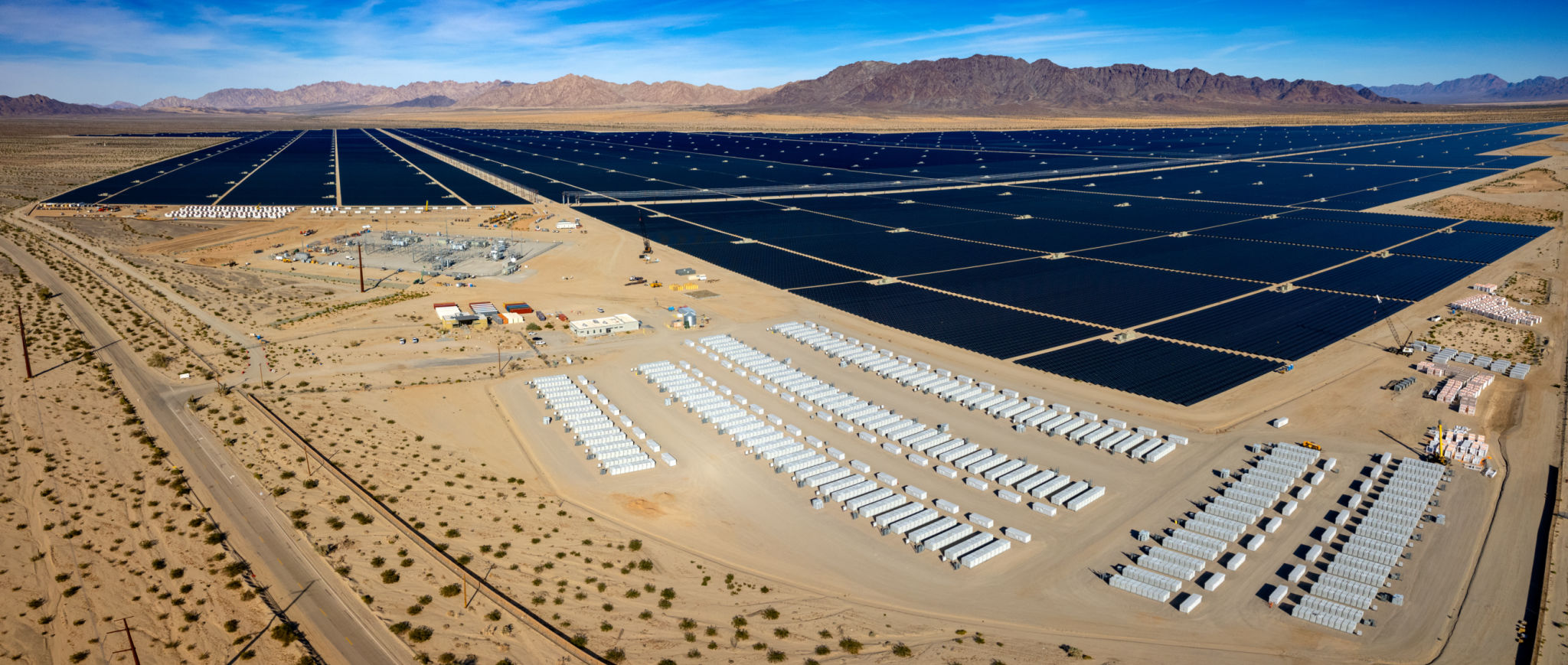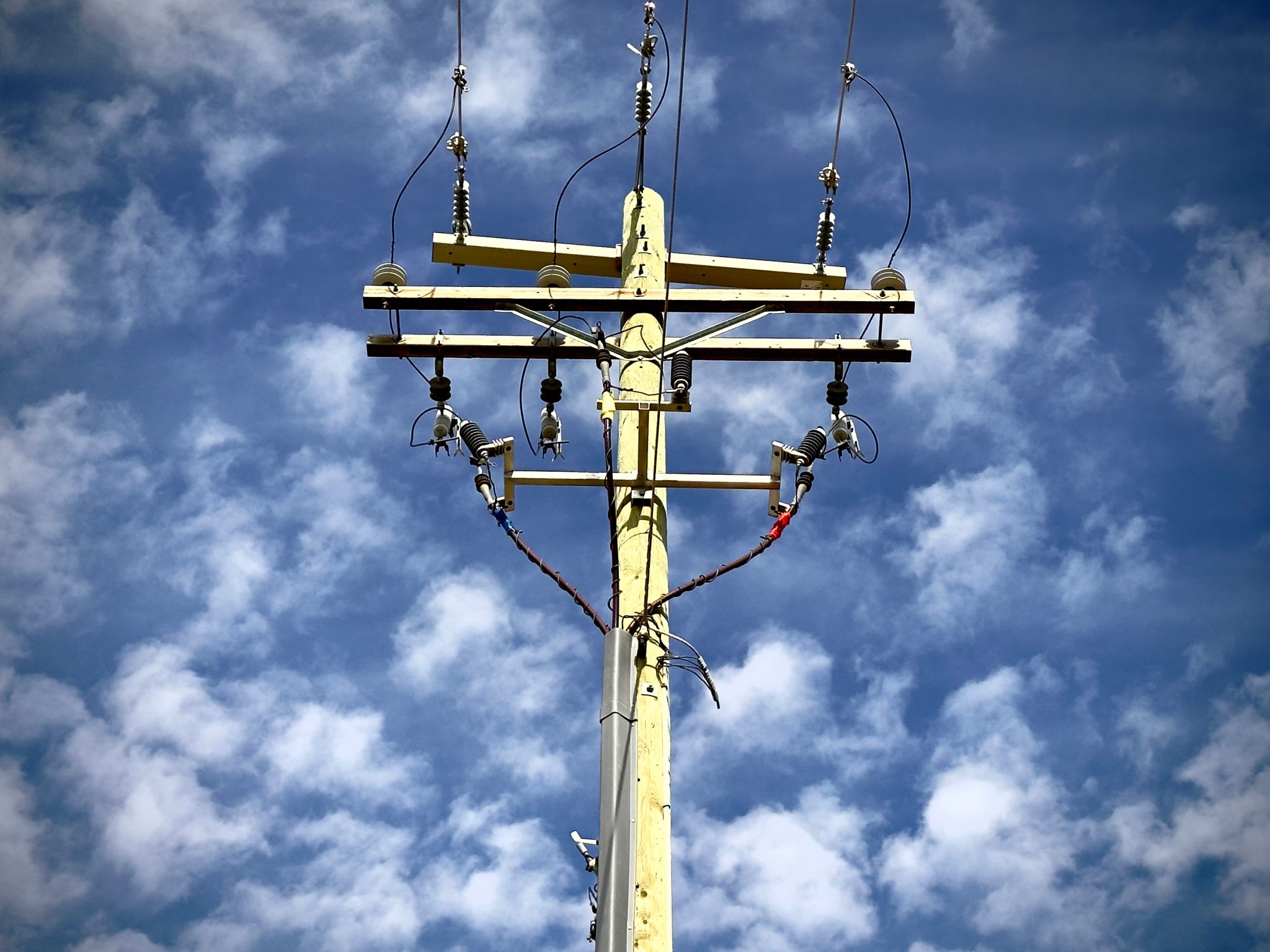Understanding the Benefits of Battery Energy Storage in West Australia's Climate
Introduction to Battery Energy Storage
Battery energy storage systems (BESS) are revolutionizing how we manage energy, especially in regions like Western Australia. With its vast landscapes and unique climate, Western Australia presents both challenges and opportunities for energy storage solutions. These systems are crucial for harnessing renewable energy sources and ensuring a reliable power supply.
Western Australia's climate is characterized by long sunny days, making it an ideal location for solar energy generation. However, the variability in sunlight throughout the year requires efficient energy storage solutions to maximize the benefits of solar power. This is where battery energy storage systems play a vital role.

Stabilizing Energy Supply
One of the key benefits of battery energy storage is the ability to stabilize energy supply. By storing excess energy generated during peak production times, BESS can provide power during periods of low production or high demand. This capability is essential for maintaining a consistent energy supply, especially in remote areas where grid access might be limited.
Battery storage systems also help in reducing reliance on fossil fuels. By integrating with renewable energy sources like solar and wind, these systems enable communities and businesses to reduce their carbon footprint and move towards more sustainable energy practices.

Enhancing Grid Reliability
Battery energy storage systems contribute significantly to grid reliability. They can respond quickly to fluctuations in energy demand, smoothing out peaks and troughs in electricity supply. This ability to balance supply and demand helps prevent blackouts and ensures a stable power supply across the region.
Moreover, in areas prone to extreme weather conditions, which are not uncommon in Western Australia, BESS offer a resilient backup solution. They ensure that even when the grid is compromised, there is a reliable power source available to maintain essential services.

Economic Benefits
The economic advantages of battery energy storage are substantial. By storing energy when it is cheap and abundant, users can reduce their reliance on expensive grid power during peak times. This can lead to significant cost savings for households and businesses alike.
Furthermore, as technology advances, the cost of BESS continues to decrease, making it an increasingly accessible option for a broader range of users. The investment in battery storage not only provides immediate economic benefits but also long-term savings as part of a comprehensive energy management strategy.
Environmental Impact
The environmental impact of battery energy storage cannot be understated. By facilitating greater use of renewable energy sources, these systems play a crucial role in reducing greenhouse gas emissions. This aligns with global efforts to combat climate change and promotes a cleaner, healthier environment.
BESS also aid in minimizing the environmental disruption caused by traditional energy infrastructure. By enabling decentralized energy production and storage, they reduce the need for extensive grid expansions and the associated environmental impact.

Conclusion
In conclusion, the adoption of battery energy storage systems in Western Australia offers numerous benefits. From stabilizing energy supply and enhancing grid reliability to providing economic and environmental advantages, BESS are an integral part of the region's sustainable energy future.
As technology continues to evolve and the demand for renewable energy grows, these systems will become even more critical in supporting Western Australia's energy needs. Embracing battery energy storage is not just a strategic choice but a necessary step towards a more sustainable and resilient energy landscape.